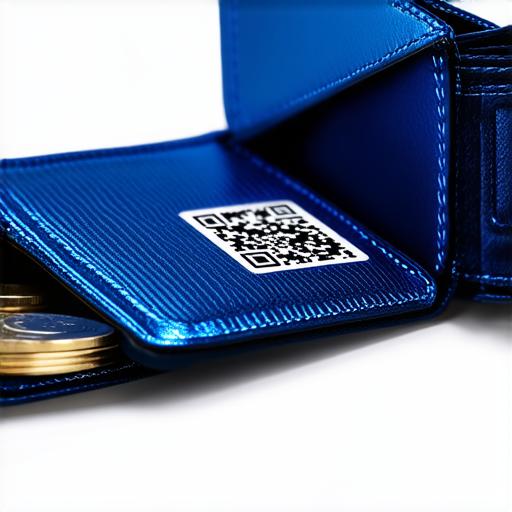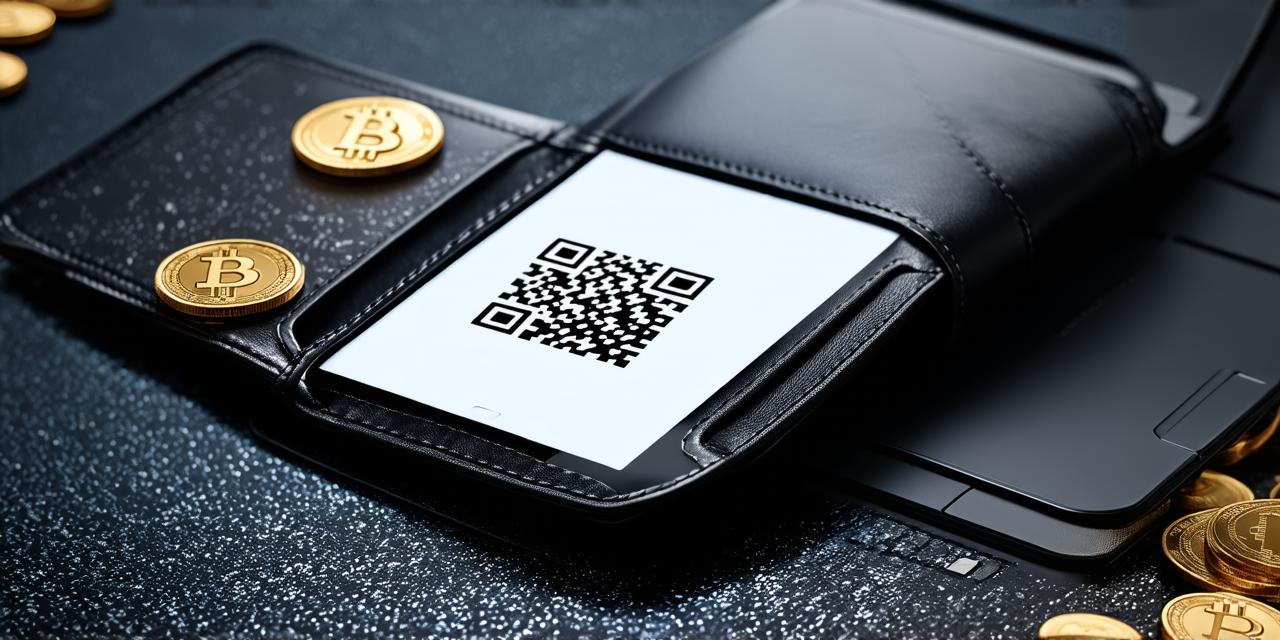Introduction: Understanding Cryptocurrency Wallets
As cryptocurrencies become increasingly popular, it’s important for developers to understand the basics of cryptocurrency wallets. In this guide, we will explore what a cryptocurrency wallet is, why they are necessary, and how they work. We will also discuss different types of cryptocurrency wallets, their features and benefits, and the best practices for keeping your cryptocurrencies safe.
What is a Cryptocurrency Wallet?
A cryptocurrency wallet is essentially a digital wallet that allows you to store and manage your cryptocurrencies securely. It acts as a virtual container for your private keys, which are used to access and transfer your cryptocurrencies. Just like traditional bank accounts, cryptocurrency wallets allow you to receive, store, and send cryptocurrencies.
Why do I need a Cryptocurrency Wallet?
The main reason you need a cryptocurrency wallet is to store your cryptocurrencies securely. Without a wallet, your private keys are exposed and vulnerable to hacking, which could result in the loss of your cryptocurrencies. A cryptocurrency wallet provides an added layer of security by encrypting your private keys and storing them in a secure location.
Types of Cryptocurrency Wallets
As mentioned earlier, there are two main types of cryptocurrency wallets: hot wallets and cold wallets.
Hot Wallets:
Hot wallets are online wallets that are connected to the internet and allow for fast transactions. They are convenient to use but also more vulnerable to hacking. Some popular hot wallets include Coinbase, MetaMask, and MyEtherWallet.
Cold Wallets:
Cold wallets are offline wallets that provide better security by being disconnected from the internet. They are less convenient to use than hot wallets but also safer. Some popular cold wallets include Ledger Nano S, Trezor, and KeepKey.
Features of Cryptocurrency Wallets
Cryptocurrency wallets come with a variety of features that make them suitable for different purposes. Here are some of the most important features to look out for:
- Security: As we mentioned earlier, security is the primary concern when it comes to cryptocurrency wallets. Look for a wallet that uses strong encryption, multi-factor authentication, and other security measures to protect your private keys and prevent unauthorized access.
- Convenience: Consider how easy it is to use the wallet and make transactions. Look for a wallet that has an intuitive interface, supports multiple cryptocurrencies, and allows you to receive and send coins quickly and easily.
- Storage capacity: Determine how much cryptocurrency you plan to store and choose a wallet that can accommodate your needs. Some wallets have a limited storage capacity, while others allow you to store an unlimited amount of cryptocurrencies.
Best Practices for Keeping Your Cryptocurrencies Safe
To keep your cryptocurrencies safe, here are some best practices to follow:
- Use strong passwords and enable multi-factor authentication.
- Store your private keys securely and avoid sharing them with anyone.
- Regularly back up your wallet to prevent data loss in case of a system failure or hacking attempt.
- Use a reputable wallet provider that has a proven track record of security and reliability.
- Keep your wallet software up to date to ensure you have the latest security patches and features.

Summary: The Importance of Cryptocurrency Wallets for Developers
Cryptocurrency wallets are an essential tool for developers working with cryptocurrencies.
